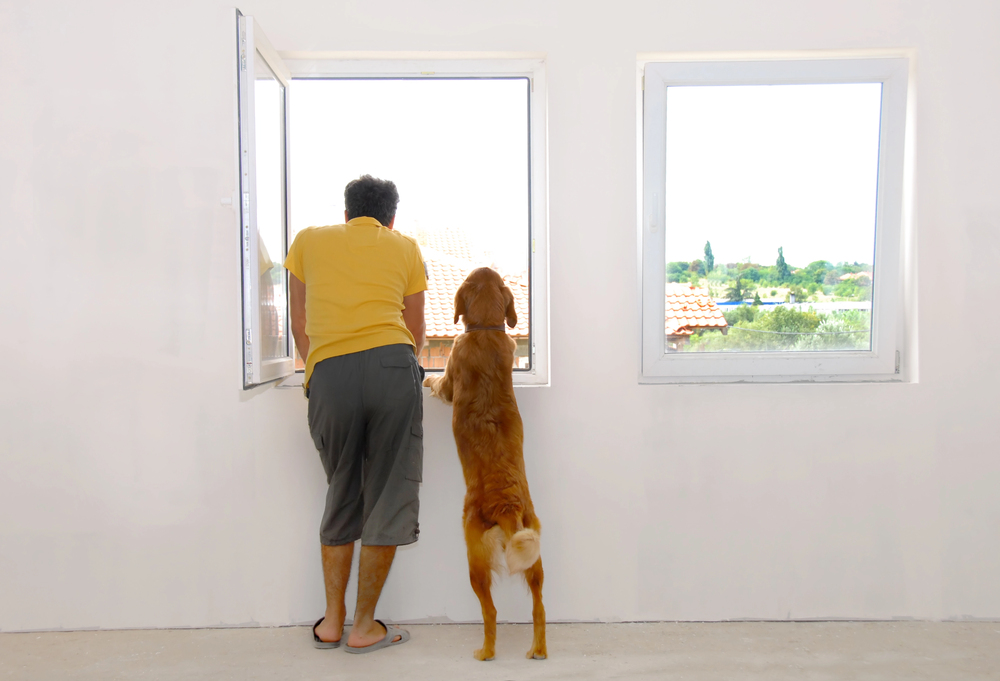Windows do far more than frame a view or let in natural light. They influence the overall comfort, energy efficiency, and style of your home. The right choice can brighten interiors, reduce utility bills, and complement architectural features. The wrong choice, however, can lead to drafts, glare, and a look that feels out of place with the rest of your design.
Making the right decision means balancing both function and style. From materials to glazing options, and from placement to maintenance needs, every detail matters. Before you make a purchase, it’s worth considering exactly what you want your windows to do, and how they should look doing it.
Understanding Your Home’s Needs
Before you shop for new windows, evaluate the specific needs of your home. Are you trying to reduce energy costs? Improve ventilation? Add natural light to dark areas? Each goal might require a different window style or feature.
Climate is one of the most important factors. In cooler climates, insulating features help retain warmth indoors. In warmer climates, glass that blocks excessive solar heat keeps interiors comfortable. The age and design of your home matter too, as some architectural styles work best with specific window profiles.
A thorough assessment of your priorities helps narrow the vast range of choices available. By identifying what you need most, you’ll make a purchase that improves your home in meaningful ways.

Balancing Style and Functionality
Windows are architectural elements as much as they are functional fixtures. The shape, size, and framing style you choose will influence the character of both the interior and exterior. Large picture windows can create dramatic focal points, while smaller, operable windows enhance airflow.
Different frame materials affect the appearance as well as performance. Wood frames provide a classic, warm look but require more upkeep. Vinyl is low-maintenance and durable, while aluminum offers a sleek, modern finish. Consider how each option will age and whether it fits your preferred maintenance routine.
If you’re unsure which combination works best for your property, consulting with design experts can help align your vision with practical solutions.
Energy Efficiency Considerations
Energy efficiency is one of the most important benefits of upgrading windows. High-quality frames and glass can reduce heat transfer, making it easier to maintain a stable indoor temperature throughout the year. Look for double or triple glazing, low-emissivity (Low-E) coatings, and insulated frames for the best performance.
Placement also matters. South-facing windows can provide passive solar heating in the winter, while east- and west-facing windows may need shading to prevent overheating.
Selecting the right features can help you cut utility costs and reduce your environmental footprint. In many cases, investing more in energy efficiency upfront leads to significant savings in the long run.

Choosing the Right Glass Options
The glass itself plays a major role in how your windows function. Clear glass maximizes light, while tinted or coated glass can control glare and block harmful UV rays. Laminated glass adds security and reduces noise, making it ideal for urban or high-traffic areas.
If privacy is a concern, frosted or textured glass lets in light without compromising seclusion. Specialized glazing can be customized for different parts of the house, ensuring each room gets the balance of light, privacy, and insulation it needs. The right combination of glass features will enhance the comfort and usability of every space in your home.
Finding a Custom Fit
Standard-sized windows might work for many homes, but sometimes your project requires a tailored solution. Whether you’re replacing older windows or upgrading a unique architectural feature, precise measurements are crucial to avoid drafts and gaps. Professionals can help you find the perfect window fit, ensuring both performance and appearance meet expectations. This attention to detail can make a significant difference in preventing energy loss and enhancing the long-term comfort of your home.
In addition to function, a custom fit can highlight distinctive design elements in your home. Specialty shapes, such as arches or geometric patterns, can become standout features that add personality to a space. Custom solutions may take more time and investment, but they can elevate the overall feel of your property.

Considering Maintenance and Longevity
When selecting windows, think beyond the initial purchase to the years ahead. Some materials, such as wood, require regular painting or sealing to stay in good condition. Others, like vinyl and fiberglass, are resistant to moisture and fading, making them easier to maintain.
Hardware quality is another important factor. Hinges, locks, and handles should be durable and operate smoothly for years. Weatherstripping should remain flexible and effective, even with frequent use. A well-made, low-maintenance window will save you time, money, and frustration in the long run.
Installation Quality Matters
Even the highest-quality window will underperform if installed incorrectly. Gaps, poor sealing, and misalignment can lead to air leaks, condensation, and reduced energy efficiency.
Hiring experienced professionals ensures your windows are fitted correctly and sealed to the manufacturer’s specifications. Skilled installers will also check that the frames are square, the hardware is functioning, and the insulation is properly in place.
Proper installation protects your investment and ensures the features you paid for perform as intended.

Enhancing Curb Appeal
Windows play a big role in how your home looks from the street. Their shape, color, and arrangement should harmonize with the building’s architecture. Coordinating trim and frame colors with other exterior elements, such as doors and siding, creates a cohesive appearance.
Decorative options like grilles or divided-light patterns can further enhance style. For historic homes, period-appropriate designs maintain authenticity, while contemporary builds may benefit from clean, minimalist lines.
A well-planned window upgrade can refresh your home’s exterior and make it more inviting to guests or appealing to potential buyers.
To sum it up, choosing the right windows is an investment in your home’s comfort, efficiency, and aesthetic appeal. By considering your climate, style preferences, energy needs, and maintenance expectations, you can select windows that enhance both the look and feel of your space. Attention to details like glass type, fit, and installation quality ensures that your choice will provide lasting benefits. With thoughtful planning, the windows you select will serve as both a functional asset and a design feature that elevates your entire home.
Thank you for reading, and good luck!
Image Credit: depositphotos.com































